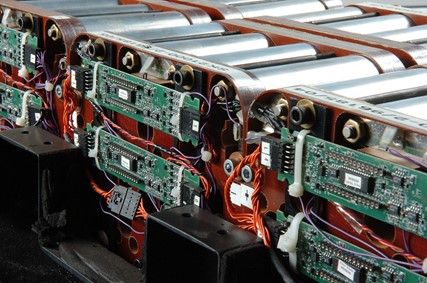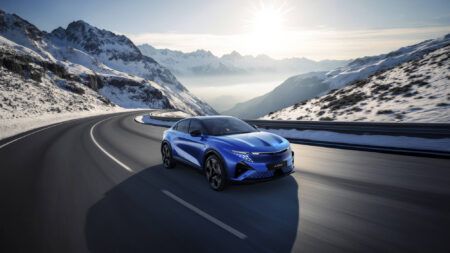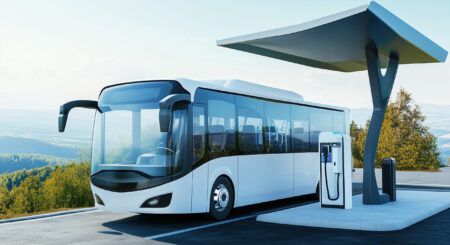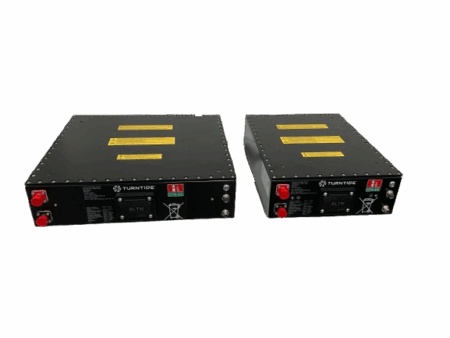Lithium-ion batteries, essential for electric vehicles, face safety concerns due to polarization effects during fast charging. Researchers have now studied the impact of high-concentration electrolytes on their interface kinetics and stability, demonstrating their effectiveness in improving fast-charging abilities and preventing issues like cell swelling caused by lithium plating. These insights are expected to encourage the widespread adoption of electric vehicles and play a crucial role in reducing carbon emissions.
Lithium-ion (Li-ion) batteries are indispensable for modern devices like electric vehicles, which are playing an increasingly crucial role in people’s lives. However, to fully electrify vehicles with Li-ion batteries, the main hurdle is achieving rapid charging without compromising energy density. The convenience and acceptance of electric vehicles by consumers are also influenced by factors such as their range and charging times. Additionally, the utilization of Li plating for ultra-fast charging raises safety concerns due to high cell polarization, requiring careful attention.
In a new study published in Energy Storage Materials, led by Associate Professor Janghyuk Moon of Chung-Ang University, researchers have introduced an innovative strategy to mitigate polarization due to concentration-based effects, addressing this challenge. Their paper was made available online on September 30, 2023, and published in Volume 63 of the journal in November 2023.
“Our study aims to enhance the range and reduce charging times of electric vehicles by developing advanced battery technologies, specifically leveraging the commonly used LiPF6 and linear carbonates in commercial batteries,” said Dr. Moon. “By improving the kinetics and stability of batteries under fast charging conditions, we hope to make a meaningful impact on the EV industry and ultimately on people’s daily lives.”
This study investigated how using certain electrolytes, such as linear carbonate-based ones with concentrated LiPF6, affects the process of removing the solvent (desolvation) from Li-ion and its quick insertion into the graphite anode. To make this happen, electrolytes with low activation energy, including dimethyl carbonate, ethyl methyl carbonate, and diethyl carbonate with a special focus on dimethyl carbonate, were used to make it easier to overcome the barrier to desolvation. Laboratory tests confirmed that these electrolytes enhance the fast-charging capabilities of Li-ion batteries, as evidenced by a 1.2-Ah pouch cell retaining three times more capacity over 200 cycles. It also prevented cell swelling caused by Li plating, a common issue with traditional electrolytes.
The study also utilized “molecular dynamics” to theoretically simulate liquid electrolyte structures at varying concentrations, both high and low. These aimed to understand micro-environmental changes within the battery system, offering insights into how the electrolyte affects interface kinetics and battery performance. This combined approach of practical experimentation and computational analysis highlights the significance of this study in advancing battery technology for practical applications, particularly in electric vehicles.
“By enhancing battery performance in terms of faster charging and extended range, this study directly contributes to making electric vehicles more practical and appealing to a broader electric vehicle user,” said Dr. Moon. “If this leads to increased convenience for people, it could further boost the widespread adoption of these vehicles. In the long term, such technological improvements could play a crucial role in reducing carbon emissions and mitigating climate change, profoundly impacting people’s lives and the health of our planet.”





